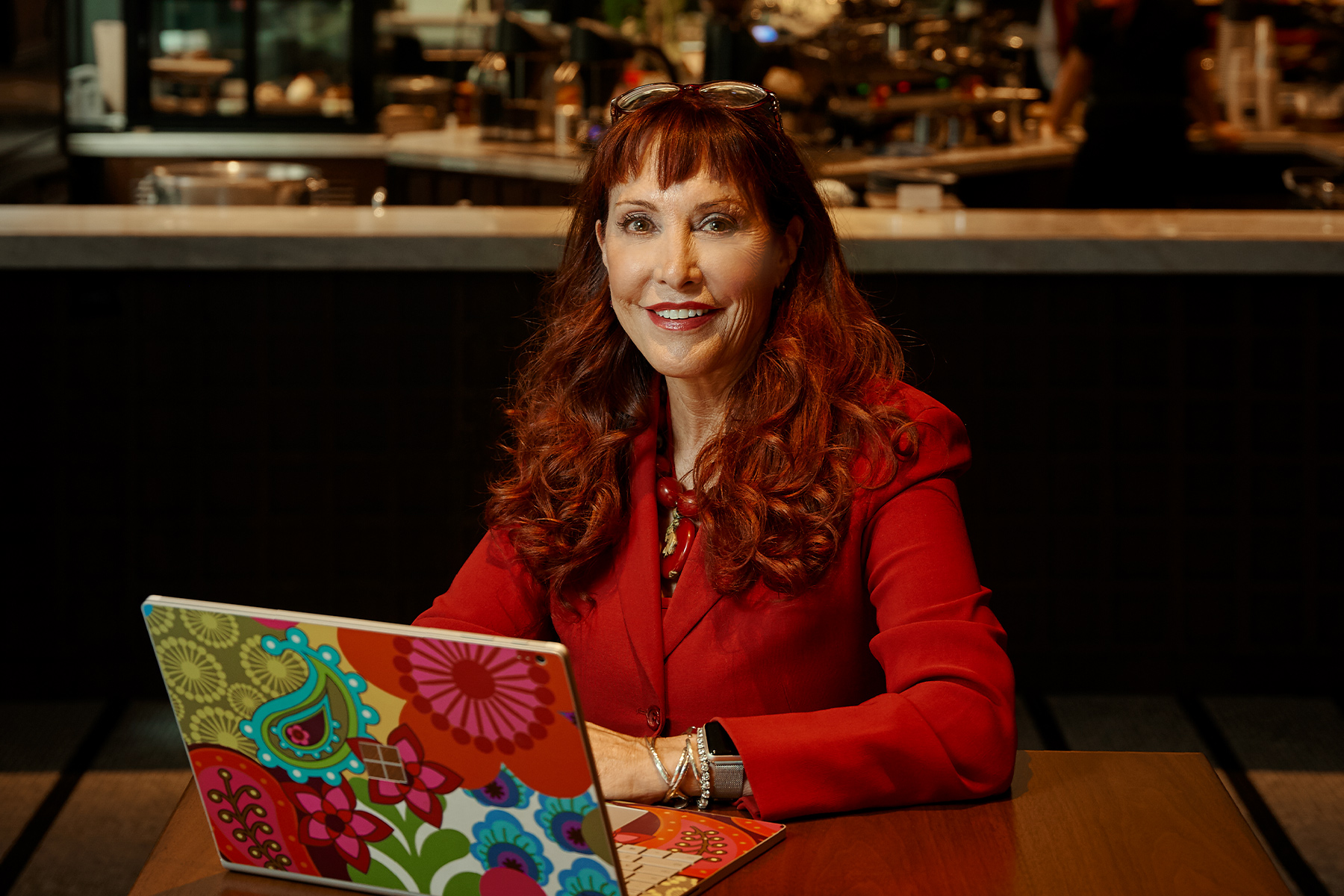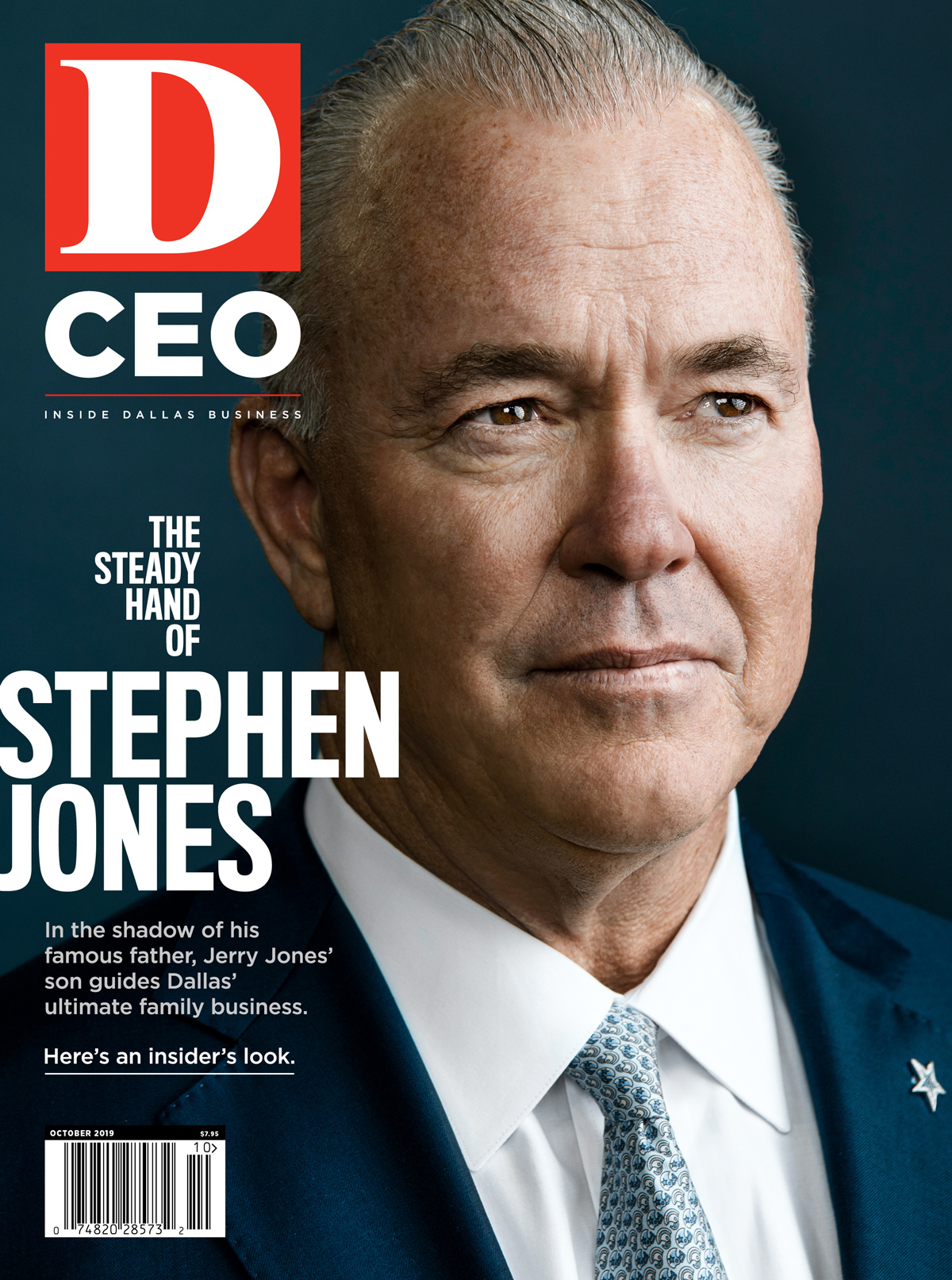Toni Portmann built her career leading tech-based companies like DHISCO and Stream Global Services. Now, she’s reimagining the future workplace—and making a big bet on working remotely. With virtual, custom-designed “office spaces,” her Walkabout Workplace app creates the feeling of being in a physical office.
Upon logging in, your avatar is transported into a virtual space that has the look and feel of a traditional office, including customizable personal offices, boardrooms for presentations, and virtual communal spaces. With real-time display, users can see who’s in the office and the status of their colleagues, enabling them to connect via video, voice, chat, and screen-sharing. “Walkabout puts the human being back into telecommuting and connects individuals with their colleagues,” Portmann says. “It’s about creating community and presence.”
Prototyped in 2016 and relaunched earlier this year, the app is led by co-founders Portmann and entrepreneur Antoinette Forth. Forth came up with the idea when she was creating a virtual office to be used in her consulting practice. Along with Chief Information Officer Bryan Bradley and Chief Technology Officer David Holcomb—both of whom Portmann previously worked with at hospitality tech firm DHISCO—and marketing, sales, and development professionals located around the globe, the Walkabout Workplace executive team practices what they preach. “The beautiful thing is that we’re physically located all over the world,” says Portmann, the company’s Dallas-based CEO.
Fees range from $10 to $18 per user monthly, depending on team size. Portmann and Forth are tapping into a fast-growing market. According to Gallup, more than 40 percent of employees will work remotely at least part of the time by 2022.
There’s the added benefit of not having to get into your car and drive to work every day—saving time, cutting down on stress, and lessening your day-to-day carbon footprint. Working from home can also be considered a reasonable accommodation, according to the U.S. Equal Employment Opportunity Commission.
But for Portmann, the social aspects are just as important. In her pitch, she shares research of management expert Robert E. Hall. His book, This Land of Strangers: The Relationship Crisis That Imperils Home, Work, Politics, and Faith, explains how technology is negatively impacting human connectivity. “We are quite literally atrophying the right hemisphere of our brain with technology,” Portmann says. “By incorporating video into Walkabout Workplace, I can look in your eyes and see that you’re engaged. You have to remain present.”
Ironically, it’s her virtual platform that could help sustain personal connections from afar. “Putting the human presence into the environment we call work, so we get a work and life experience is the why,” Portmann says. “Because if not, we’re going to text our way into virtual reality.”






